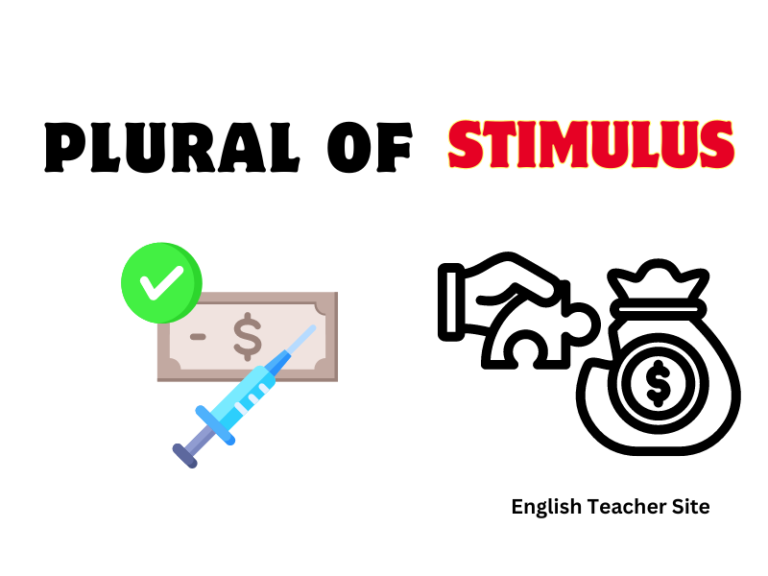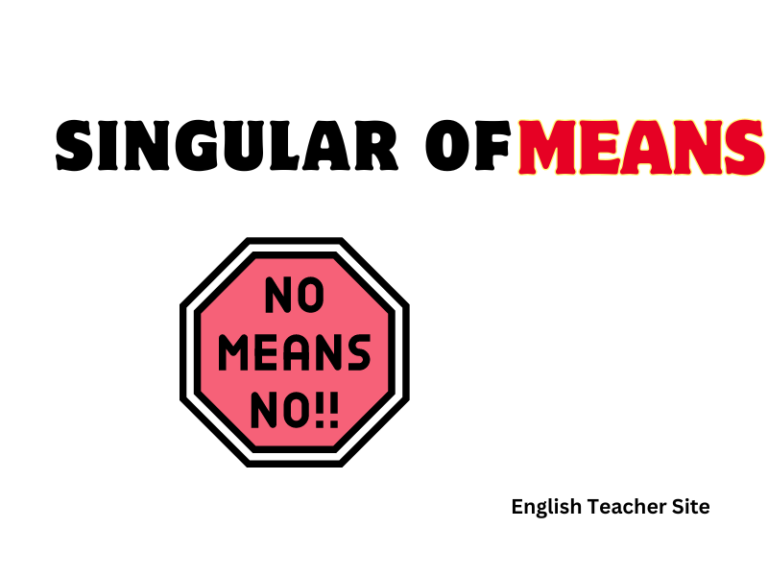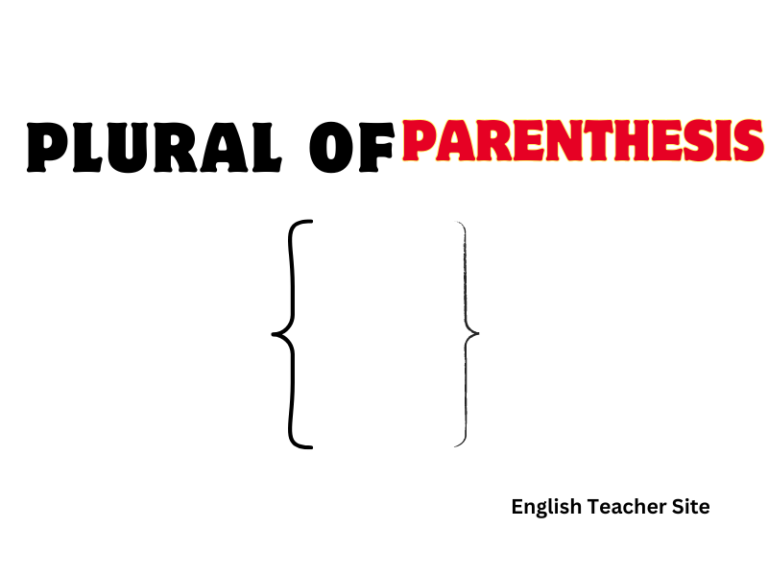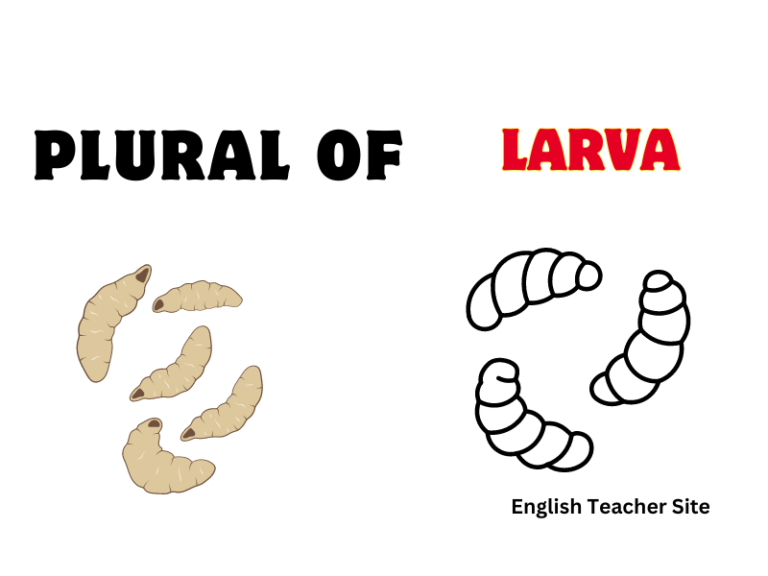Is It a Lot, Allot, or Alot: Understanding the Differences

- “A lot” is the correct term for expressing a large number or amount.
- “Allot” is a verb meaning to distribute or divide something.
- Accurate use of these terms ensures clarity and avoids confusion in communication.
Understanding the differences between “a lot,” “alot,” and “allot” is essential for accurate and effective communication. While “a lot” and “allot” share a phonetic similarity, their functions in language are distinct. Mastery of their application not only eradicates common spelling errors but also enhances the clarity and professionalism of one’s writing.
Understanding the Differences
Navigating the use of “a lot,” “alot,” and “allot” requires an understanding of each term’s definition, common errors, and their roles in language. Here, the disparities are unpacked to proffer clearer usage guidelines.
Definitions
- a lot: A phrase used to denote a large number or amount.
- alot: A common misspelling of “a lot.”
- allot: A verb meaning to distribute or assign a portion of something.
Common Misconceptions
Many people believe “alot” to be a correct spelling, when, in reality, it is a frequent misspelling often confused with “a lot.”
Usage in Language
- a lot: Utilized both as a noun and an adverb in informal contexts.
- allot: Employed formally as a verb in various contexts.
History and Etymology
The phrase a lot can trace its use back to Middle English, whereas “allot” originates from Old French, denoting a sense of portioning out.
Grammar Rules
In English grammar:
- “a lot” can function as a noun phrase or an adverb.
- “allot” is strictly a verb.
- “alot” is not recognized as a correct word or form.
Examples of allot in sentences
- The committee will allot funds to the new project.
Examples of alot in sentences
- “Alot” is a misspelling; correct sentences should replace it with “a lot.”
Synonyms of a lot
- a great deal
- lots
- a large quantity
Synonyms of alot
Since “alot” is incorrect, it has no synonyms. Instead, use synonyms for “a lot.”
Synonyms of allot
- distribute
- assign
- apportion
Practical Applications
In exploring the use of “a lot,” “allot,” and the common misspelling “alot,” attention to their practical applications in writing and communication is essential. Understanding the intricacies of these words ensures their correct use in various contexts, from academic writing to resource management and cultural expression.
Using ‘A Lot’ in Writing
“A lot” refers to a large number or quantity and is commonly utilized in writing to express breadth or intensity. In academic writing, precision is key, so using quantifiable data followed by “a lot” can enhance clarity. For instance, “The researcher found a high number of variables, a lot more than the initial hypothesis suggested.” The separation of “a” and “lot” is critical, as “alot” is not recognized in standard English.
Allotting Resources
The verb “allot” means to allocate or distribute a specific portion or share of resources. It implies careful planning and consideration, as in a budget where one may allot a certain amount of funds to each department. When managing time, a student might allot two hours for study to ensure comprehensive preparation. An example in use might be, “The project manager allotted each team a segment of the budget to manage their resources efficiently.”
Cultural Impact on Language
Language is deeply influenced by culture, with common usage often dictating the evolution of language norms. Although “alot” is not correct in the context of the English language, its widespread misuse is a fascinating example of language change. This can be observed in informal contexts, particularly in online communication. However, such deviations are not accepted in formal writing, where “a lot” remains the proper form. Cultural shifts in language highlight the need for adaptive understanding while maintaining the distinction between casual and formal usage.
Source
Entries linking to lot. Source
allot (v.). Source
My name is Khamis Maiouf. I am the creator of the English Teacher Site, dedicated to providing valuable resources and insights for students around the world. With a passion for education and a commitment to helping students enhance their skills, I aim to make English teaching more effective and enjoyable for both educators and students.






